The Food Allergy Awareness and Level 2 Food Hygiene Training pack is suitable for anyone working in a food handling role. By the end of this online training course you will have had an introduction to allergy awareness and food safety and hygiene, as well as understand the effect of foodborne illness, hygienic premises and equipment and HACCP.

Package Overview
Format
- Intermediate
- 3-4 Study Hours
- Online Study
Accreditation
- 3-4 CPD hours
- Meets UK / EU Food Handlers Training Requirements
- RoSPA Assured
Package description
This training pack is made up of two popular food safety courses, Food Allergy Awareness and Level 2 Food Safety and Hygiene for Catering. The training is suitable for anyone working in a food handling role.
Our Food Allergy Awareness course has been updated to include everything you need to know and comply with Natasha’s Law PPDS regulations. Natasha’s Law came into effect on 1st October 2021, the training also includes all the latest legislation and guidance around food allergens.
If you own, manage or work in a food related business, you will be affected and will need to ensure your operation is compliant with EU Food Information Regulation No. 1169/2011 (FIR) / Food Information for Consumers Regulation (FIC). These regulations affect all caterers and food service organisations, no matter how big or small, and require food businesses to provide allergy information on unpackaged and pre-packed foods.
As a business owner or food handler, you also have a duty to comply with the provisions of Regulation (EC) 852/2004 of the European Parliament on the Hygiene of Foodstuffs, the Food Safety Act 1990, and Food Hygiene (England) Regulations 2005. This requires Food Businesses to ensure that food handlers are supervised, instructed and trained in food hygiene and food safety in a way that is appropriate to the work they do and enables them to handle food safely and hygienically.
Food Allergy Awareness e-learning content
The Food Allergy Awareness course contains the following e-learning:
- An introduction to food allergy awareness – This module introduces learners to the objectives of this course and the skills they will gain upon completion.
- What is a food allergy? – This section looks at what food allergens are and how to recognise symptoms of an allergic reaction.
- Legislation – This section explores the fourteen allergens listed by law that food handlers need to recognise. Learners will find out what ingredients and examples of food can cause allergies and what labelling is required on pre-packed food.
- Practical Process – This module looks at things learners need to consider to keep consumers safe, how they can provide allergen information specific to your food business and how they can safely prepare and store or package food without cross contamination.
Level 2 Food Safety and Hygiene for Catering e-learning content:
The Level 2 Food Safety and Hygiene for Catering course contains the following e-learning
- An introduction to Food Safety and Hygiene – In this introduction learners will look at and learn how popular terms relate to food that has been prepared and served.
- The Effect of foodborne Illness – Looking at what foodborne illnesses are and how they may impact us from a personal and legal responsibility.
- Food Law – Food often has a long journey from growth and harvesting, through to delivery and preparation and finally through to being eaten. As a result there are many opportunities for it to become contaminated. In this section we look at legislation in place that relates to food hygiene and food safety.
- Hazards and Contamination – How food becomes contaminated, exploring food safety hazards and hygiene risks and how they arise or how they may be prevented and controlled.
- Food Preservation, Food Storage and Temperature Control – How to control contamination through safe temperatures and storage.
- Personal Hygiene – This section looks at why personal hygiene is so important when working with food hygiene in catering. From hand washing, health, first aid, protective clothing and appearance.
- Hygienic Premises and Equipment – This section looks at what part the premises and equipment design play in maintaining hygienic, pest-free conditions for food caterers.
- Hazards Analysis and Critical Control Point (HACCP) – It is a requirement of regulations that all businesses implement and maintain a documented Food Safety Management system based on HACCP. This section explains how to control food safety hazards at critical control points using a HACCP based Food Safety Management System.
Food Allergy Awareness and Level 2 Food Safety and Hygiene for Catering Certificates
The Food Allergy Awareness course test consists of 15 multiple choice questions. Learners are required to achieve a 75% pass mark, and, if necessary, may attempt the test six times at no extra cost to achieve your food allergy certificate. The Level 2 Food Safety & Hygiene for Catering course test consists of 30 multiple choice questions. Learners are required to achieve a 75% pass mark, and, if necessary, may attempt the test six times at no extra cost. If learners do not achieve the 75% pass mark, further attempts may be given by contacting our support team.
Learners will be able to download a digital certificate on completion of each course. This can be printed, and we suggest you keep it for your records. The certificates awarded on successful completion of the Food Allergy Awareness and Level 2 Food Safety and Hygiene for Catering courses are RoSPA Assured.
Both courses have also been independently certified as conforming to universally accepted Continuous Professional Development (CPD) guidelines.
This food hygiene and allergy certificates are universally recognised and can be used to provide evidence of food hygiene and safety training both internally and to external auditors. There is no set time for how long a certificate is valid for, but the accepted industry standard is for food hygiene certificates to be renewed every three years. However, some employers may require you to renew your certification more frequently than this.
What courses are included in this training package?
Within this training package are two of our most popular food safety and hygiene courses in Level 2 Food Safety and Hygiene and Food Allergy Awareness.
If you are not sure which level of food hygiene training you need our course picker can help.
This course is not a formal RQF food safety & hygiene qualification, the levels only indicate the type of course so that businesses can choose whom it is suitable for.
You will learn
- An introduction to food allergy awareness
- What is a food allergy
- An introduction to Food Safety and Hygiene
- The effect of foodborne illness
- Food Law
- Hazards and Contamination
- Food Preservation, Food Storage and Temperature Control
- Personal Hygiene
- Hygienic Premises and Equipment
- Hazards Analysis and Critical Control Point (HACCP)
Who is it for?
Roles including:
- Anyone working in a role that involves the handling or preparation of food, or is involved in the management of such staff members in a catering environment, including hotels, restaurants, takeaways, cafes, bars, fast food outlets, fish & chip shops, kitchens, hospitals, prisons, schools and colleges
- These courses can be used either as induction, awareness, refresher or foundation training, making it a highly flexible choice
- Businesses that want to demonstrates that they are dedicated to educating their staff on issues of Food Allergies
Legislation
Legislation covered in this training package includes:
Our Level 2 Food Safety and Hygiene training course satisfies the EU Food Information Regulation No. 1169/2011 (FIR) / Food Information for Consumers Regulation (FIC) requirement for food handling training.

